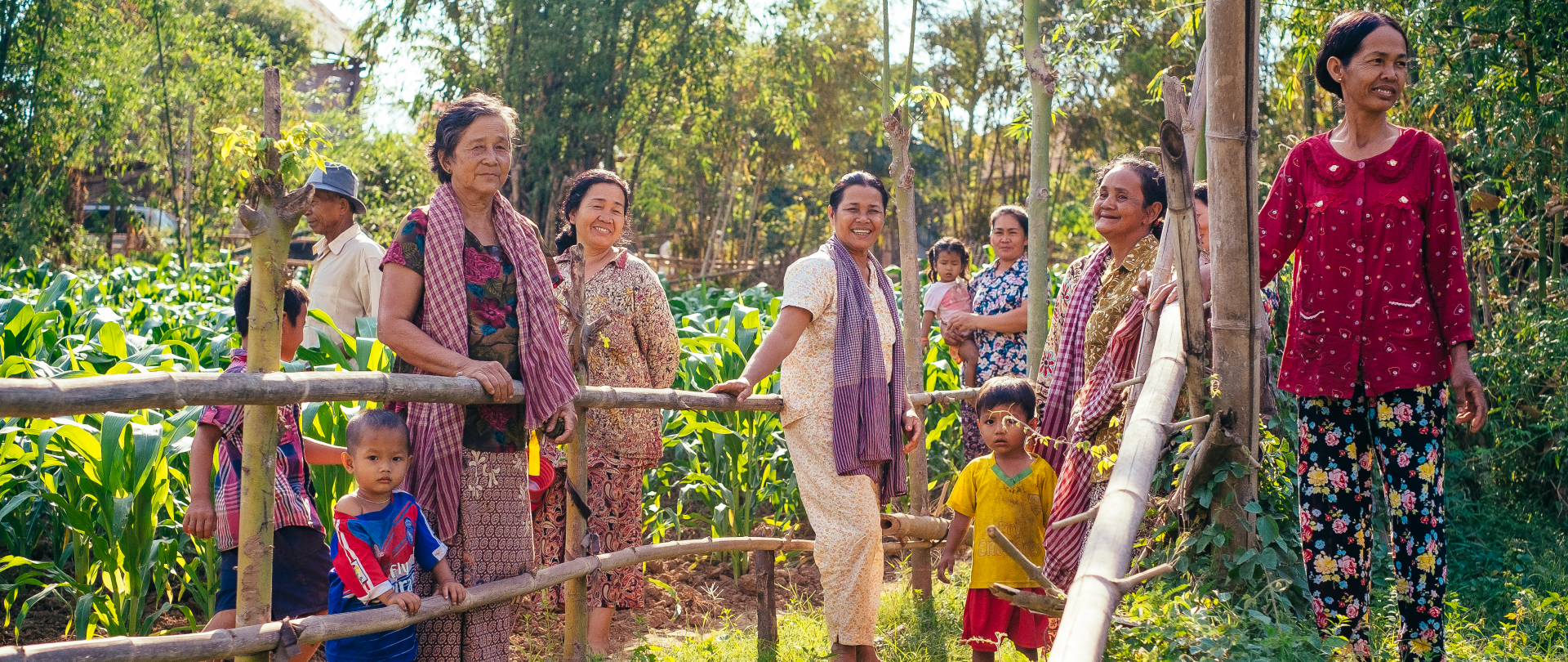Gender Equality
NDF will aim to promote activities designed to achieve co-benefits between climate change, development and gender equality.
All NDF-supported activities must be gender-responsive. This guideline means that the needs, priorities, power structures, status and relationships between genders are considered and gender gaps systematically addressed. Furthermore, NDF-supported activities strive to be gender-transformative aiming at the underlying causes of gender inequalities: power dynamics, structures, stereotypes and systems.
NDF will ensure that its activities do not aggravate existing gender inequalities or create new ones. This responsibility signifies that gender-related risks are identified and relevant safeguards to mitigate these risks are ensured. NDF acknowledges the existing gender gaps and the marginalisation of women and girls in many aspects relating to climate change and development. Therefore, NDF-supported activities will strive to empower women and girls, in particular through reinforcing women’s possibilities for participation and decision-making, as well as providing women economic opportunities.
NDF considers that it is particularly important to assess gender gaps in combination with other social factors that might cause disadvantage, such as ethnicity, class or age. Cooperation and interrelations across genders is supported.
NDF’s gender equality approach is results-oriented and applied across the portfolio. This approach entails that gender equality is considered in target-setting, as well as in monitoring and evaluation of progress in terms of outcomes. In addition, results, lessons learnt and best practices will be documented and used as part of NDF’s knowledge management and advocacy activities, as well as for guiding the development of new NDF-supported activities.
Photo credit: Daniel Roca

